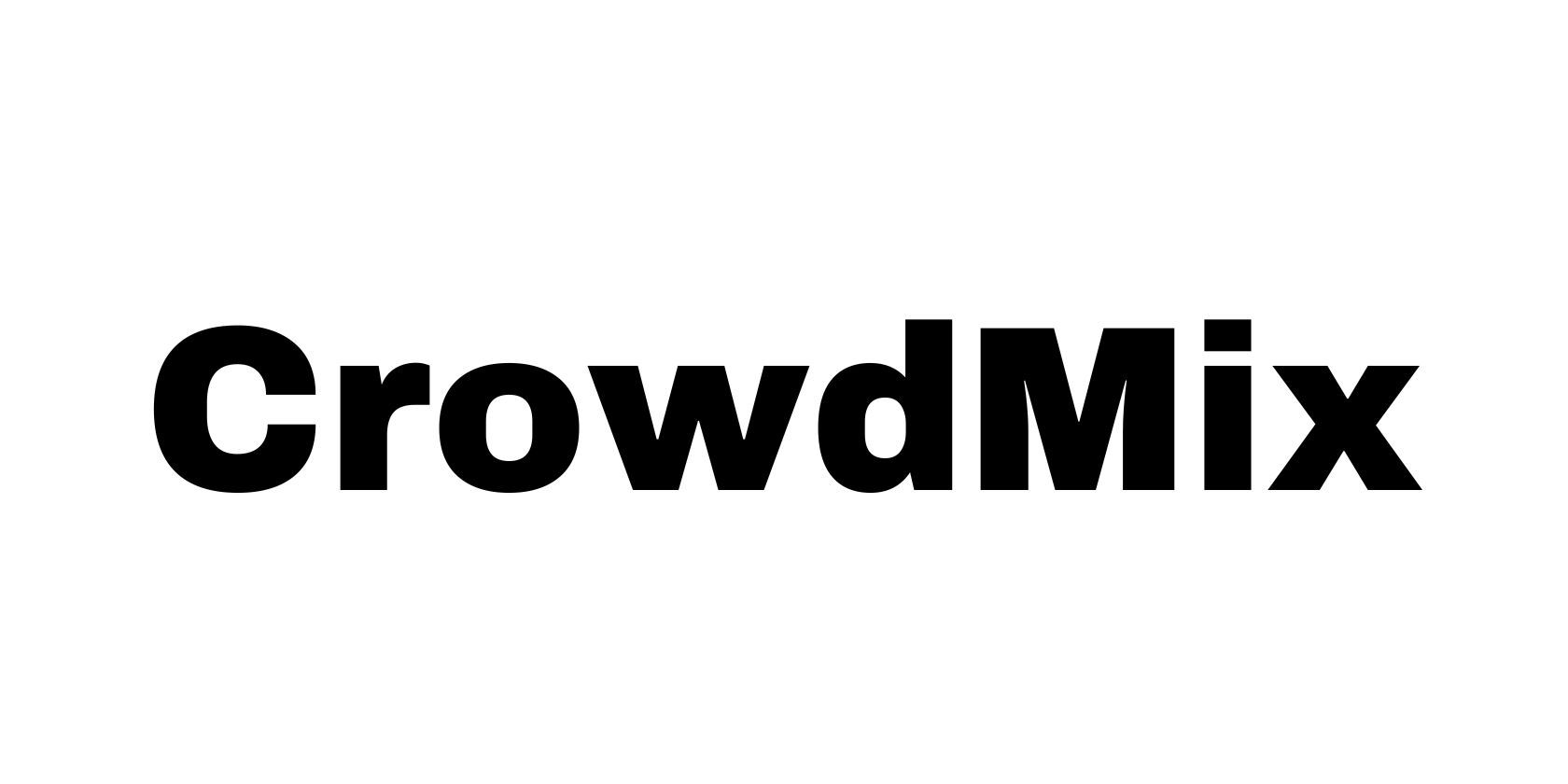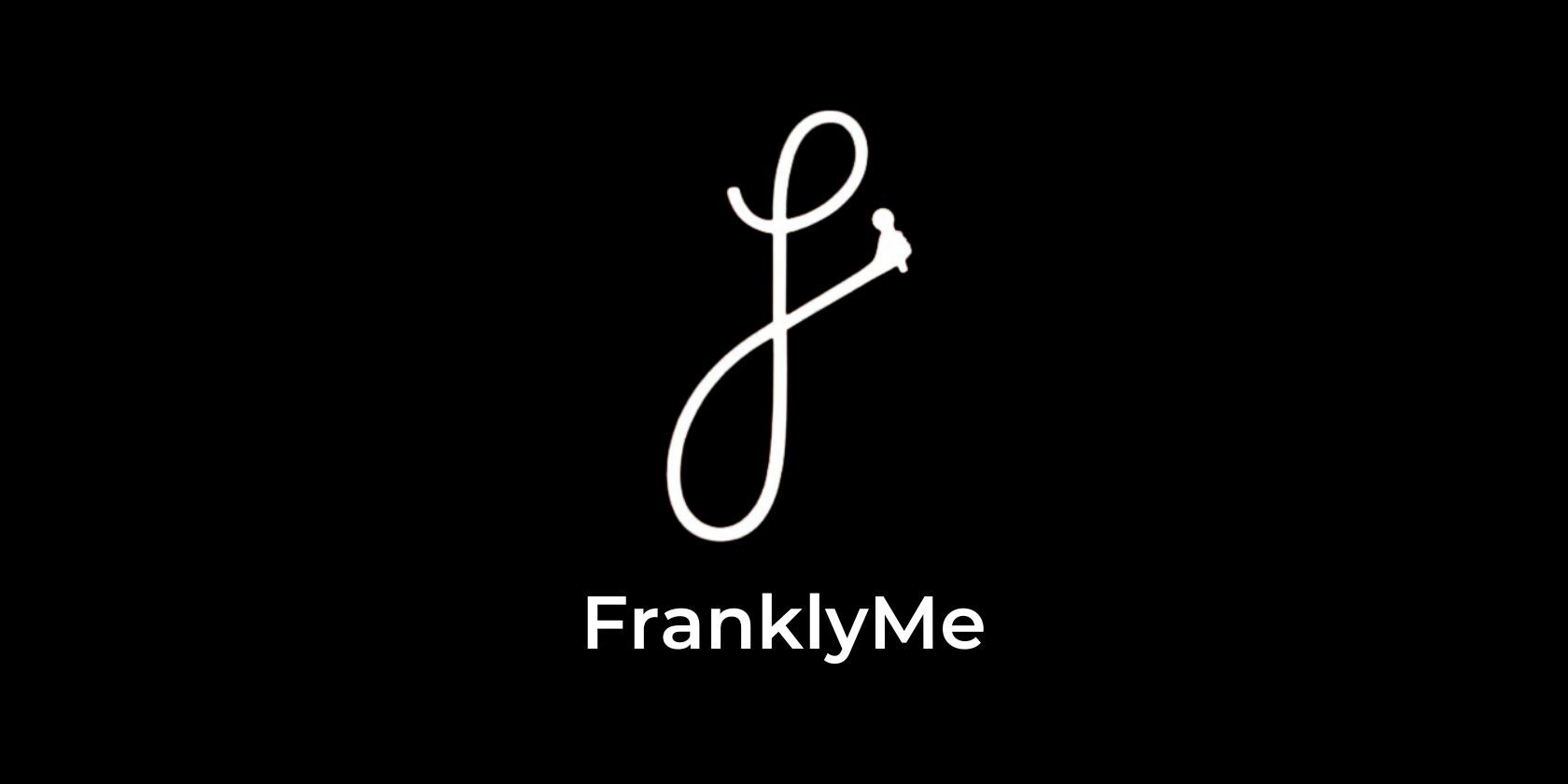Various social media sites didn’t end up as intended.
So, what’s the reason behind the failure of these social apps?
Well go through seven social media sites that failed and tell you why that happened.

1. iTunes Ping
iTunes Ping was a site that brought social connectivity and music to one platform.
It enabled users to follow their favorite artists and check out the content their friends listened to.
iTunes Ping users could follow each other but only if the other person allowed them to.

This feature was intended to give MySpace some competition.
The users probably did not like this choice.
Moreover, people would post spammy links on the app, which disrupted the experience quality immensely.

The app lacked consistent updates and was unable to add more tracks for listeners.
The number of people who used iTunes Ping was decreasing day by day.
How can you capture more audience when your app is only available in 23 countries?
It was evident; iTunes Ping was closed on 30th September 2012 by Apple.
Meerkat
Users could sign up for Twitter and share a streaming link to attract viewers.
Twitter restricted Meerkat’s features once it became popular, leaving them vulnerable to great loss.
Twitter eventually joined forces with Periscope, further leading Meerkat to failure.
The app was removed from Apple and Play Store in October 2016 and replaced by its successor, Houseparty.
Crowdmix
Crowdmix was a UK-based music streaming app that closed down three years after its launch in 2013.
The app was in the beta testing phase with DJs and music creators before it went bankrupt.
The real product never came out for the public to use.
It had high running costs with no proper strategy to run an app.
It is reported that the company spent over 14 million investment before even launching a version for the public.
Lack of management and financial control was the reason behind the failure of Crowdmix.
FranklyMe
FranklyMe was a Q&A platform for Indian users in particular.
It enabled them to ask questions and others to answer and vote.
Sharing a similar concept with Reddit, FranklyMe never became a popular social media app.
It was available to users for only two years, from 2014 to 2016.
Apart from finding funds, the app had issues with its video recording concept.
People eventually decided to hop on to other social media sites that provided global access.
Investors lost faith in it and the app was ultimately shut down.
Google Buzz
Google Buzz was a microblogging and connectivity app for people who like to share their content.
You could also share content from social media sites like Facebook, Twitter, and YouTube.
This app was in the eyes of critics since users discovered its lack of privacy options.
Google Buzz was closed in less than two years.
It was replaced by Google+ in 2011, which unfortunately failed to hit the mark as well.
FriendFeed
FriendFeed gathered updates from different social media platforms in one place.
It was designed to bring together diverse communities.
However, FriendFeed became a community with very little vision.
Vine
If you are a regular content maker on social media apps, you might have heard about Vine.
With a simple interface and use, people found only a few features on Vine.
You could create small videos of only six seconds, so attracting more followers was pretty hard.
The app failed because it had no monetization plan and did not reward its biggest creators.
Vine ultimately discontinued in 2019, leaving other apps to dominate the market.
Unfortunately, not every app is able to do that.
Several social media apps failed, never to be found again.